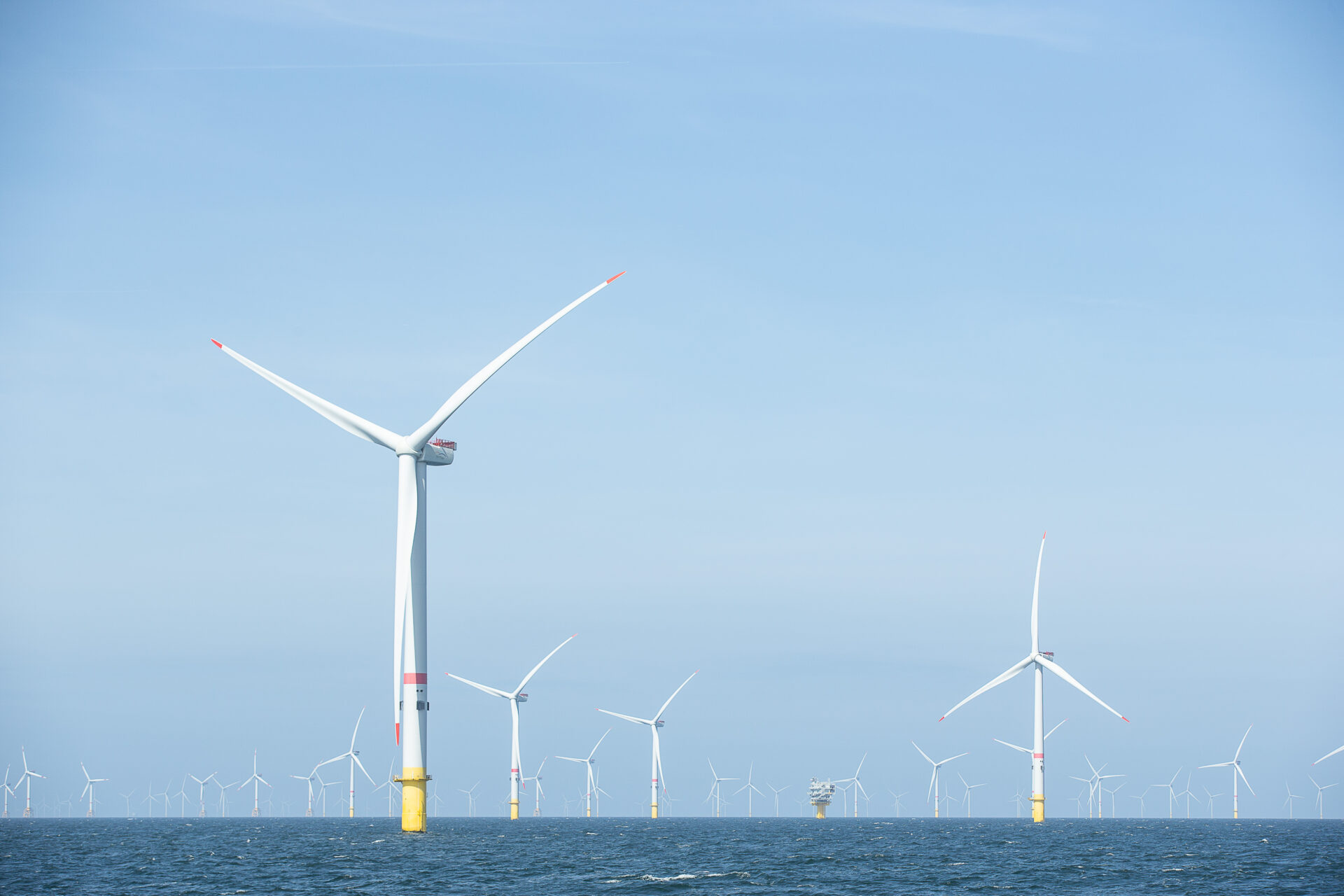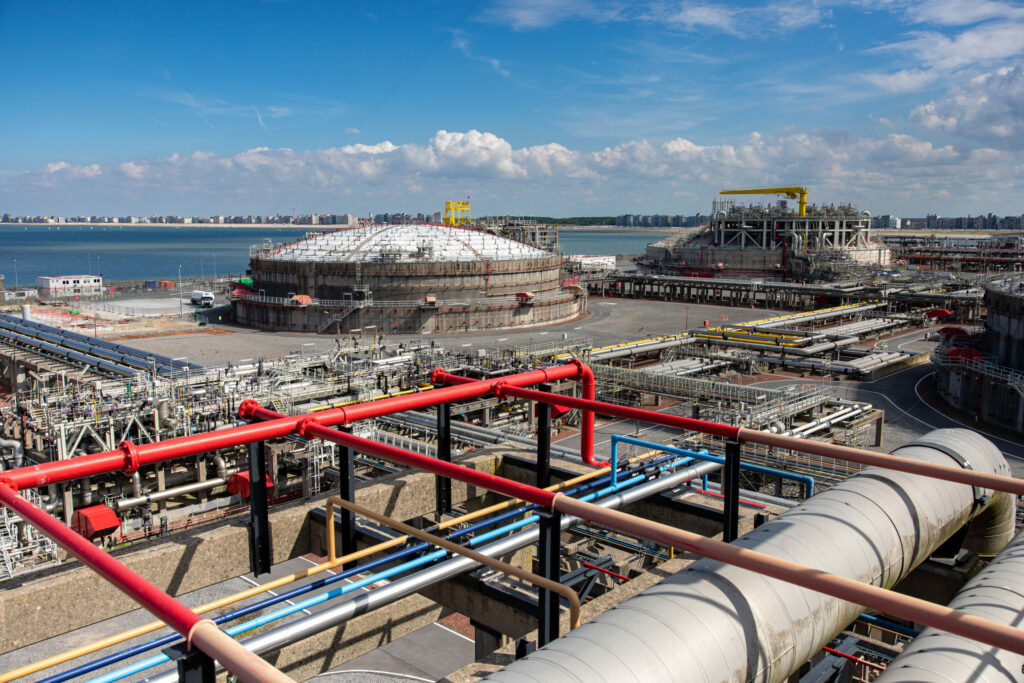The world could see a "surplus" of oil and gas supplies towards the end of this decade, which will provide relief to consumers who have been hit hard by energy price spikes, according to the International Energy Agency (IEA).
However, the IEA warned that fuel prices will rise again, and that while oil and gas may be temporarily cheaper it should not be a reason to slow the transition to cleaner energy.
The IEA's latest World Energy Outlook examines global factors affecting the world's energy systems, such as regional conflicts and geopolitical uncertainties, emerging technology and climate change impacts. It noted that the world's energy market will see a "relatively abundant supply" of fuels in the second half of this decade, which will likely drive down prices.
More gas, less demand for oil
Modelling by the IEA predicts that there will be a slowdown in demand for oil, as major oil consumer China is now switching over to electricity, and electric vehicles (EVs) are making inroads in a range of markets (in particular cheaper Chinese models).
Electricity use has grown at twice the pace of overall energy demand over the last decade, with two thirds of the global increase in electricity demand coming from China over the last ten years.

A Chinese BYD electric car on display at UEFA Euro 2024 in Hamburg, Germany. Credit: Wikimedia Commons.
It also forecasts that there will be a near 50% increase in global liquefied natural gas (LNG) export capacity by the end of the decade, led by the United States and Qatar. Natural gas trade routes were previously disrupted by Russia cutting off its pipeline to Europe.
The IEA notes that if all gas projects currently under construction are completed on time, available liquefaction capacity is expected to rise globally from 580 billion cubic metres (bcm) per year today to 850 bcm per year in 2030.
Relief for consumers
"In the second half of this decade, the prospect of more ample – or even surplus – supplies of oil and natural gas, depending on how geopolitical tensions evolve, would move us into a very different energy world from the one we have experienced in recent years during the global energy crisis," said IEA Executive Director Fatih Birol.
"It implies downward pressure on prices, providing some relief for consumers who have been hit hard by price spikes. The breathing space from fuel price pressures can provide policymakers with room to focus on stepping up investments in clean energy transitions and removing inefficient fossil fuel subsidies. This means government policies and consumer choices will have huge consequences for the future of the energy sector and for tackling climate change," Birol added.
The international agency said that increased oil and gas supply will lead to lower international prices, and "fierce competition between suppliers."

Offshore wind farms in the Belgian North Sea in the port of Ostend, 13 May 2022. Credit: Belga / James Arthur Gekiere
However, it warned that cheaper fossil fuels can also "slow structural changes by diminishing the economic case for consumers to switch to cleaner technologies, and by making it more difficult to close the cost gap with alternatives such as biomethane and low-emission hydrogen."
The report projects that low-emission energy sources will generate more than half of the world's electricity before 2030, and that demand for fossil fuels will peak by the end of this decade. While clean energy is coming on board at an "unprecedented rate," the IEA said that deployment is still "far from uniform" across technologies and markets.
As current policies have the world on course for a rise of 2.4°C in global average temperatures by the end of the century, the IEA emphasised the cost of climate inaction grows "higher by the day," as increased emissions and extreme weather impose their "own unpredictable price."
The IEA said that much greater investment is needed in new energy systems, especially in electricity grids and energy storage, "for clean energy to continue growing at pace."
The report also emphasised that today's geopolitical tensions and fragmentation are "creating major risks" both for energy security and for global action on reducing greenhouse gas emissions. The IEA called for stronger policies and greater investment to accelerate and expand the transition to "cleaner and more secure" energy technologies.

